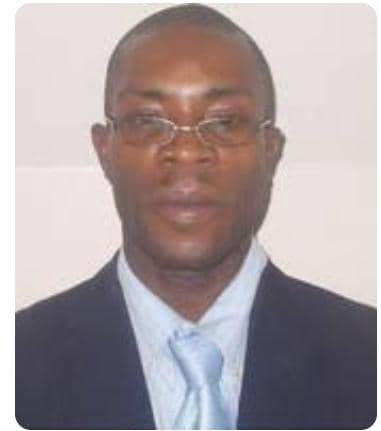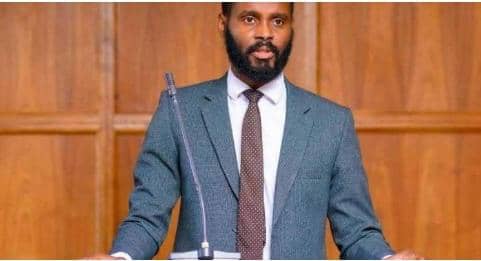By Burnett Munthali
Stevie Kauka has shared his insights on the current state of Malawi’s political landscape as the nation prepares for the September 2025 presidential elections.
He described the general political mood on the ground as subdued compared to previous election cycles.
“Honestly, 2025 has no hype as compared to the 2019 and 2020 elections,” Kauka said.
“The vibe is simply not there. We haven’t witnessed the excitement and atmosphere that characterized past elections,” he added.
On the question of regional political activity, Kauka observed that the Central Region appears to be the most engaged.
“The leaders in the Central Region started mobilizing and preaching about elections while in the South and North, voters were being discouraged,” he explained.
He noted that in the South, voters are confused due to the high number of presidential candidates.
“Furthermore, almost all parties have imposed candidates, which has resulted in many independent candidates emerging,” he said.
Asked whether any clear frontrunners have emerged, Kauka said the race remains open.
“The race is still wide open. The recent trips of President Mutharika to the North have added more impact on the race,” he stated.
On the influence of regional and tribal loyalties, Kauka noted their unavoidable role in shaping voter preferences.
“Unfortunately, you cannot run away from tribal politics,” he said.
He observed that, based on MEC’s published candidate lists, strong candidates will succeed regardless of party affiliation.
“For example, MCP, DPP, and PP will have winners in all regions. UTM still revolves around a presidential candidate, just like last time. Kabambe will have votes, but not his shadows,” he explained.
Regarding campaign promises, Kauka said ordinary Malawians are taking them with skepticism.
“Promises are being received with a pinch of salt. People have lost trust,” he noted.
“Many are voting only with hope, hoping that things would change,” he added.
When asked whether policies or manifestos are influencing voters more than personality politics, Kauka said the latter still dominates.
“Truth be told, people are not interested in manifestos. We are not yet at a point where a party wins purely because of a manifesto,” he said.
“Policies might influence about 20 percent of voters. However, personality politics (‘zamtundu’) still plays a major role,” he explained.
On the role of youth and first-time voters, Kauka expressed concern over low registration.
“Unfortunately, most youth did not register. They missed a crucial opportunity,” he said.
“The youth vote could have significantly shaped the nation’s political landscape,” he added.
Discussing challenges shaping voter behavior, Kauka highlighted the disengagement of educated voters.
“The question is tricky. Many educated voters have not registered and are not participating in the process, yet they represent a substantial portion of the electorate,” he observed.
When asked whether campaign strategies by ruling and opposition parties address real citizen needs, Kauka was blunt.
“It’s about winning and selfishness,” he said.
Finally, on the prospects for a peaceful election, Kauka expressed cautious optimism.
“In my view, there will be peaceful elections. The media, however, is misinforming people and trying to create tension,” he said.
“But realistically, people will not die. Politicians, on the other hand, often thrive on chaos to gain sympathy votes,” he added.
Concluding Analysis
Stevie Kauka’s observations point to a complex and subdued electoral environment in Malawi ahead of the September 2025 polls.
While the Central Region shows heightened activity, low youth registration, voter skepticism, and the dominance of personality politics suggest that the electorate is cautious and disengaged in many areas.
The media’s role in shaping public perception and the persistent influence of tribal and regional loyalties will remain critical factors as the country heads into the election.
Kauka’s insights underline the need for political actors to reconnect with citizens through credible promises, transparency, and engagement if Malawi’s democracy is to thrive.



